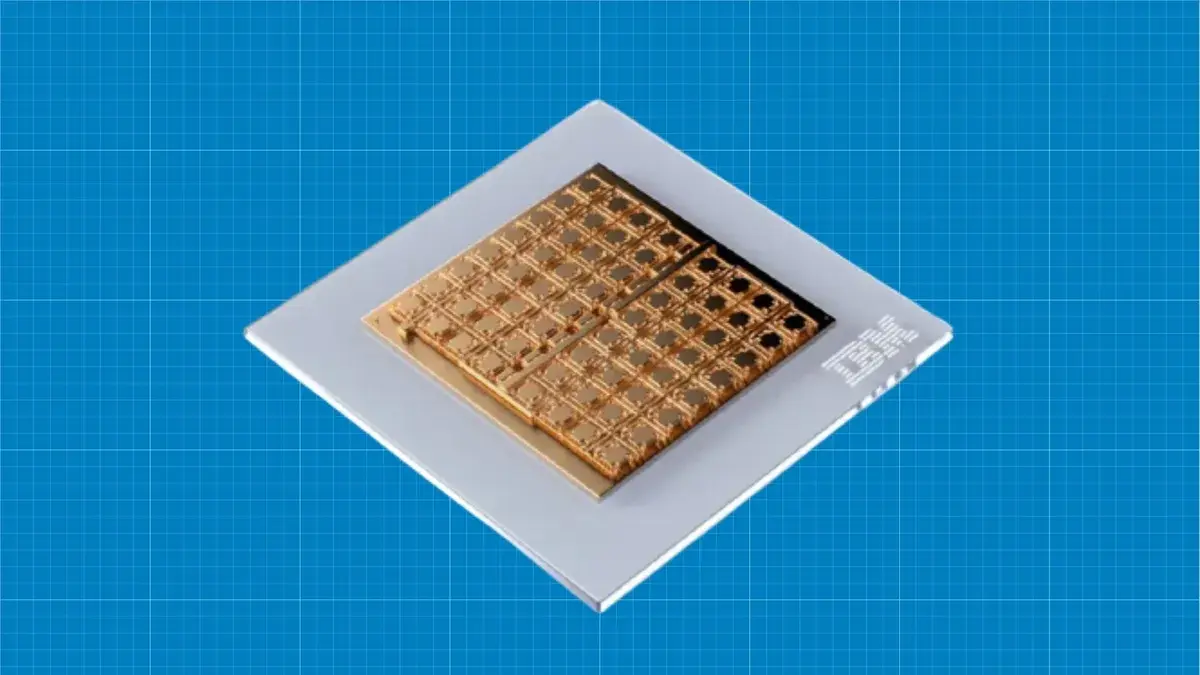In a leap towards eco-friendly AI systems, new technology advancement may just make systems more green.
Global technology behemoth IBM has unveiled a prototype chip that mimics the human brain, aiming to enhance the energy efficiency of artificial intelligence (AI) systems.
The company’s latest revolutionary announcement comes amid growing concerns over the carbon footprint of vast data centres that power advanced AI.
The new prototype, according to IBM, could revolutionise the world of smart devices by introducing more power-efficient AI chips, significantly reducing battery consumption in everyday gadgets such as smartphones.
A major factor contributing to the chip’s efficiency is its components that operate similarly to human brain connections.
“The human brain is able to achieve remarkable performance while consuming little power,” Thanos Vasilopoulos, a scientist at IBM’s Zurich research lab, told the BBC.
He highlighted that this superior energy efficiency allows for “large and more complex workloads to be executed in low power or battery-constrained environments”, mentioning cars, mobile phones, and cameras as examples.
“Cloud providers will be able to use these chips to reduce energy costs and their carbon footprint,” he noted.
Unlike traditional digital chips that use binaries (0s and 1s) for data storage, IBM’s prototype employs analogue components known as memristors, which can record a spectrum of numbers.
Drawing an analogy, the difference between analogue and digital can be likened to a dimmer switch versus a light switch. With functionalities echoing brain synapses, memristors fall into the sphere of nature-inspired computing, explained Professor Ferrante Neri from the University of Surrey.
He elaborated that interconnected memristors mirror the networks found in biological brains.
While the innovation is thrilling, Neri approached the prospects of memristor-based computers with caution. Despite recognising the potential of brain-like chips surfacing soon, he emphasised the complexities in their development, highlighting challenges such as material costs and manufacturing intricacies.
The cutting-edge chip, although primarily analogue, contains digital aspects, simplifying its integration into existing AI systems.
Modern phones equipped with AI chips, like iPhones with “neural engines”, help in diverse tasks, including photo processing. IBM’s vision for the future includes even more efficient chips in gadgets and vehicles, promising prolonged battery life and novel applications.
If these chips can replace those in large computer banks running intensive AI operations, the potential energy savings are massive, not to mention the substantial reduction in water for cooling power-hungry data centres.
James Davenport, Professor of IT at the University of Bath described IBM’s innovation as “potentially interesting”. However, he also emphasised that this chip isn’t a direct solution but perhaps “a possible first step” toward addressing power and efficiency challenges in AI.







